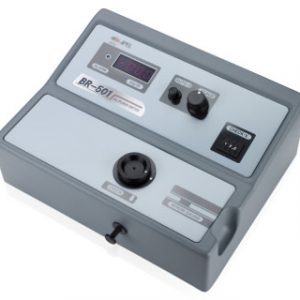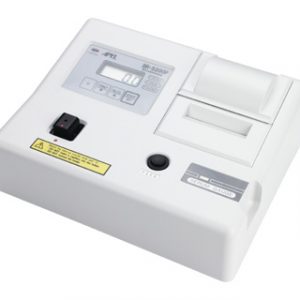Specifications:
Further Information
Bicuspid aortic valve is a common congenital abnormality that is often not detected into adulthood. Indeed, it is the most common congenital anomaly of the heart. Aortic valve stenosis can range from mild to severe, and signs and symptoms generally develop when narrowing of the valve is severe. Some people with aortic valve stenosis may not experience symptoms for many years. Signs and symptoms may include abnormal heart sound (heart murmur), radiating chest pain (angina), shortness of breath and chest pain, especially during times of increased activity, heart palpitations — sensations of a rapid, fluttering heartbeat. The heart-weakening effects of aortic valve stenosis may lead to heart failure. Heart failure signs and symptoms include fatigue, shortness of breath, and swollen ankles and feet.
When the aortic valve is narrowed, the left ventricle has to work harder to pump a sufficient amount of blood into the aorta and onward to the rest of the body. This can cause the left ventricle to thicken and enlarge. Eventually the extra work of the heart can weaken the left ventricle and the heart overall, with it ultimately not being able to function properly (heart failure), causing other downstream problems.
Calcium deposits build up on the valve particularly those with a congenitally abnormal aortic valve, such as a bicuspid aortic valve resulting in stiffening of the valve cusps. This stiffening narrows the aortic valve lumen and thereby increases the blood flow.
Catalogue: PDF
See more products OpenMedis brand.










Reviews
There are no reviews yet.